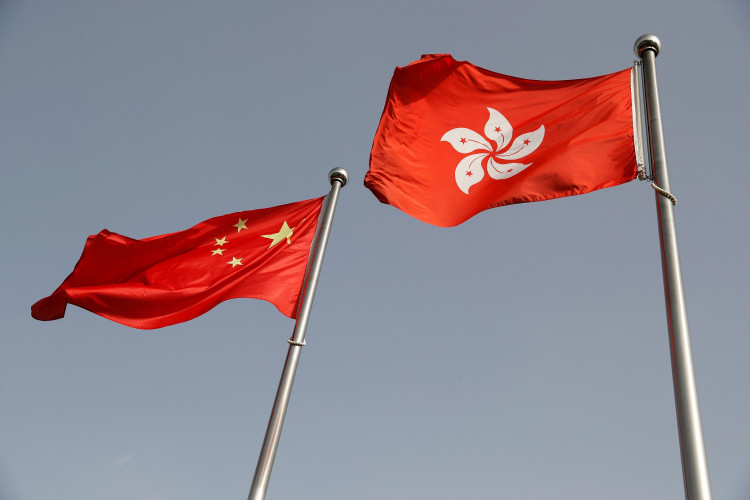The Hong Kong government has introduced a ban on the use of popular communication apps such as WhatsApp, WeChat, and Google Drive on government-issued devices, a move aimed at addressing rising concerns over cybersecurity threats and data privacy. This new directive, issued by the Digital Policy Office, has stirred frustration among many civil servants who rely on these apps for their daily work, but officials argue that it is a necessary step to mitigate risks posed by hacking and data breaches.
Government employees have expressed their dissatisfaction, citing the added inconvenience of the restrictions. A civil servant, identified only by her surname Lee, noted that her office often uses cloud services like Google Drive to exchange large files with external vendors, and the new policy would complicate these workflows. However, exceptions can be made on a case-by-case basis, provided they are approved by department managers.
The ban, which applies to government devices but allows employees to use personal devices for these apps at work, has sparked a debate about the balance between convenience and security. Sun Dong, Secretary for Innovation, Technology, and Industry, defended the decision on a local radio program, stating that the measures were necessary given the global increase in hacking incidents. Sun emphasized that similar security policies have been implemented in other major countries, including the United States and China, to protect their internal networks.
Technology experts have echoed these concerns, with some supporting the government's decision as a prudent move to address cybersecurity risks. Francis Fong, honorary president of the Hong Kong Information Technology Federation, agreed that the blanket approach could reduce potential vulnerabilities, while Anthony Lai, director of the cybersecurity firm VX Research Limited, pointed out that many government employees lack adequate cybersecurity awareness, making them more susceptible to data leaks.
The decision to implement these restrictions follows several high-profile data breaches within Hong Kong's government departments earlier this year, incidents that compromised the personal data of tens of thousands of people. These breaches have heightened concerns over the protection of sensitive information, prompting the government to tighten security protocols.
To mitigate the inconvenience caused by the restrictions, the Digital Policy Office has proposed alternative solutions. In a Facebook post, the office suggested that departments use designated computers for accessing restricted apps, ensuring that these devices are not connected to internal government systems. This would allow civil servants to perform their work without risking a breach in the security of the government's internal networks.
The restrictions are part of a broader trend among governments worldwide to tighten control over the use of communication apps, particularly those with encryption features that could potentially bypass security monitoring. Countries like India, China, and Russia have implemented similar policies, citing concerns over data privacy and national security. India, for example, banned TikTok and 58 other apps in 2020 following tensions with China, while the U.S., Canada, and Australia have all introduced bans on TikTok on government devices.
While the Hong Kong government has taken steps to prevent further data breaches, critics argue that the new policy may disrupt day-to-day operations within departments. The restrictions could potentially slow down communication and collaboration between government employees and external partners, especially those who rely heavily on cloud-based services for file sharing and messaging.
Sun Dong remains firm in his stance, arguing that the security of the government's data infrastructure must take precedence over convenience. He pointed out that hacking incidents have become more sophisticated, and the government must be vigilant in protecting its systems from potential threats.






